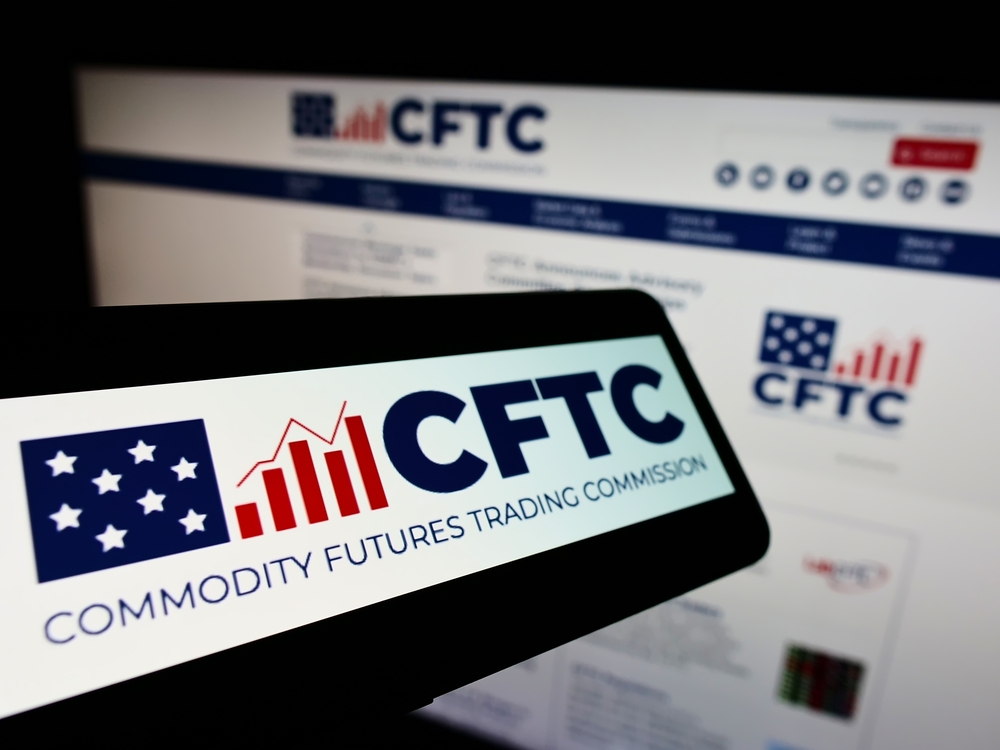In its Wednesday meeting, the US Commodity Futures Trading Commission (CFTC) voted on a proposal to safeguard the clearance of member funds. The rule targets bolstering customer protections in easing clearance of funds that derivatives clearing entities may hold following an FTX-like collapse.
The CFTC has, after a year since the sudden implosion of crypto exchange FTX, subjected the rule aimed at improving customer protections to a rule. The proposed rule seeks enhanced protections for clients executing trade via derivatives clearing organizations (DCOs).
Register and Segregate Customer Funds
The rule mandates DCOs to register with the federal agency to clear trades. Besides the mandatory registration, the proposed rule directs the DCOs to segregate their clients’ funds from their own. The segregated requirement extends to money received from retail investors.
A review of the Wednesday vote saw the CFTC chair Rostin Behnam vote in favor of the proposed rule. The chair received support from Commissioners Kristin Johnson and Caroline Pham.
CTFC Commissioner Christy Goldsmith voted against the proposed rule. The decision was endorsed by Summer Mersinger by a single vote. With the approval of the rule at the commissioner level, the proposal will be subjected to the public for commentary on the provisions.
Commissioner Johnson informed fellow CFTC members that the primary motivation to consider the proposal was the proof of steps referenced from illustrated bankruptcy in FTX. He added that the Commission should draw inspiration from the enormous risk posed by corporate governance failures that Sam Bankman-Fried portrayed at crypto exchange FTX.
Commissioner Johnson added that the amount of digital wealth frozen and perhaps lost at the now-bankrupt FTX is enough to prioritize customers’ rights against corporate failures. In particular, he lamented the vast losses as avoidable were the regulations prohibiting commingling clients’ funds and member property existing.
The Commission observed that the crypto exchange FTX operated without requisite registration with the CFTC. In a briefing last year, the agency had warned that FTX was commingling customer funds in its operations and series of endorsements.
A year later, the jury found the former chief executive Bankman-Fried guilty of seven charges leveled against him. Among the notable charges proved that the embattled crypto billionaire misappropriated billions in customer funds.
The CFTC Chair Behnam observed that the agency already has safeguards for the funds belonging to clients of futures commissions merchants. However, the agency lacked such safeguards for funds belonging to the DCO members.
Behnam disclosed that approving the proposed rule would resolve the regulatory inadequacy where clearing members and assets struggle to secure proper treatment whenever DCO plunges into bankruptcy.
The CFTC chair iterated that the rule will bring necessary safeguards given its mandates segregating clearing member funds from those owned by the DCO. Additionally, Behnam endorsed the directive for such funds to be retained in a depository. The rule requires such a depository to acknowledge in writing that funds belong to the clearing customers, not the DCO.
Bitnomial Secures License to Run DCO Services
The Wednesday session saw the Commission conduct a second vote on whether to grant crypto derivatives exchange platform Bitnomial license to run DCO services. The license would allow Bitnomial to clear options and futures trades.
CFTC Chair Behnam voted to grant Bitnomial the DCO license alongside Commissioners Pham and Johnson. Commissioner Mersinger concurred while Romero cast no vote.
Bitnomial hailed the in-favor vote, indicating that it became the pioneer crypto-native exchange that will exercise full roles in the clearinghouse, brokerage, and derivatives exchange.
Bitnomial chief executive Luke Hoerstern restated the platform’s aim as introducing the global derivative trading channel. Its realization of US-regulated status marks a significant shift from the conventional USD and Treasury margin collateral to integrating digital assets as worthy collateral.
Hoersten indicated that the change would not limit the scope of crypto trading. Instead, it encompasses a broad scope extending to digital and physical commodities.
Editorial credit: T. Schneider / Shutterstock.com
